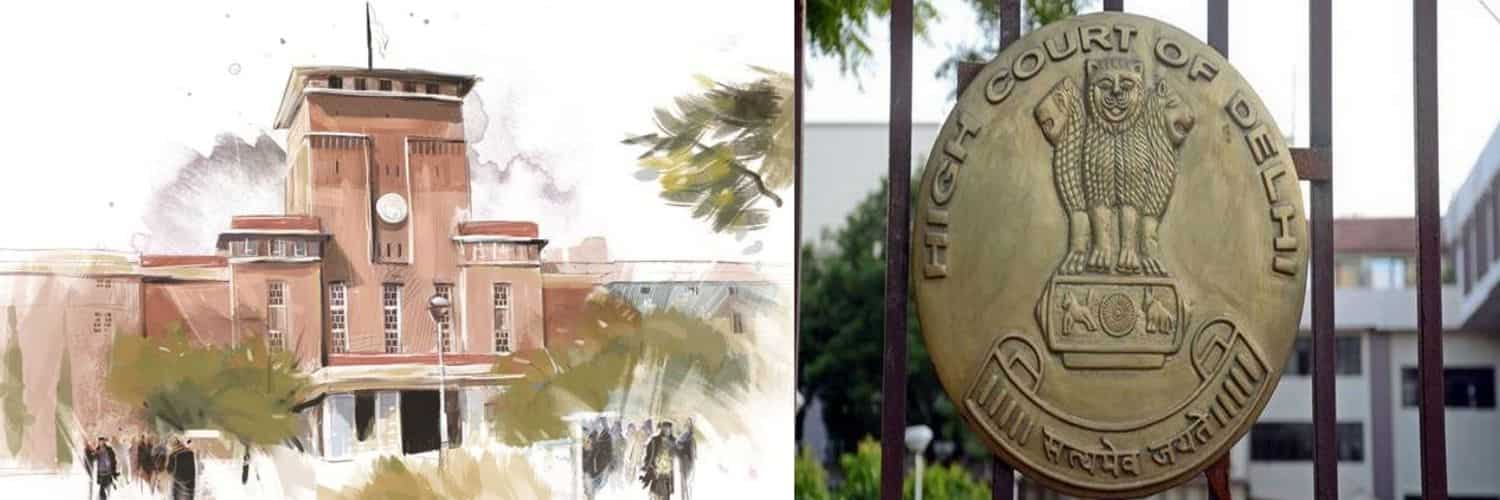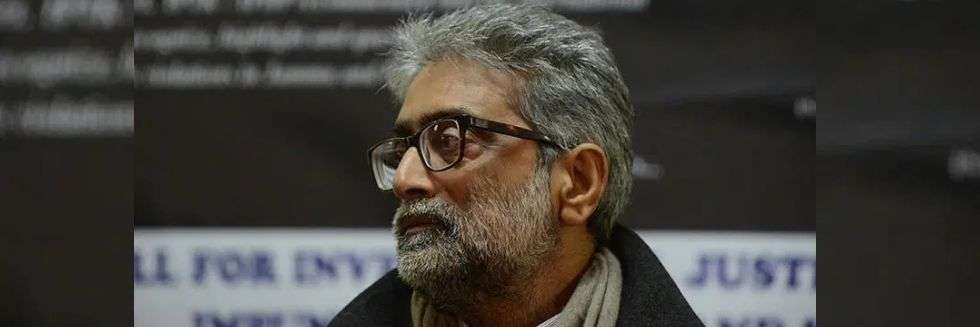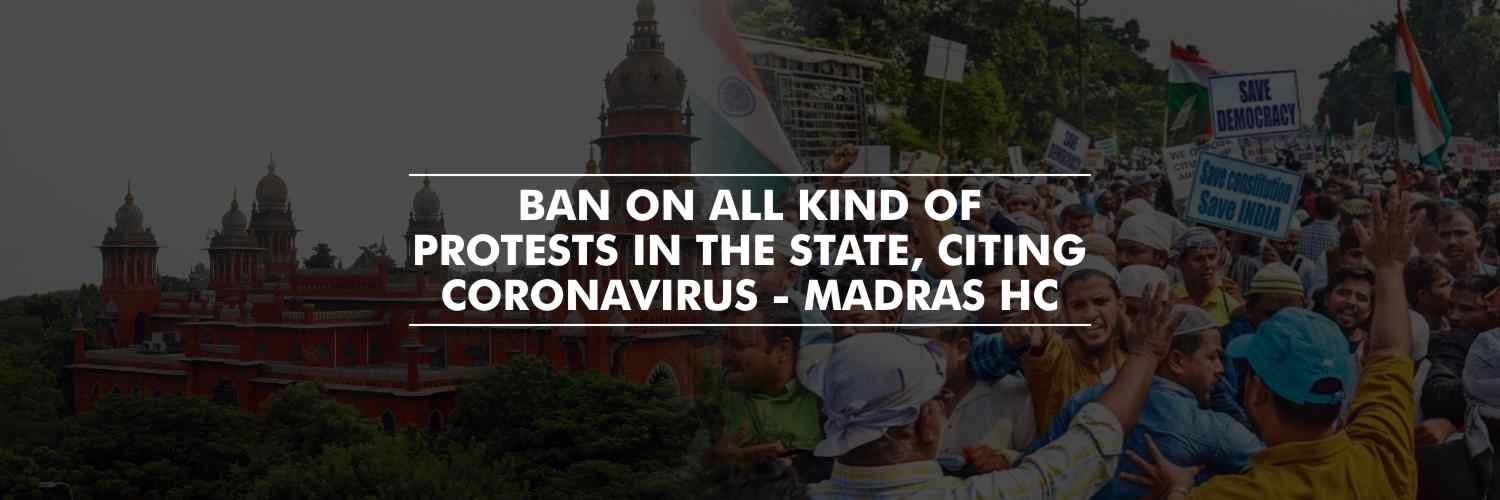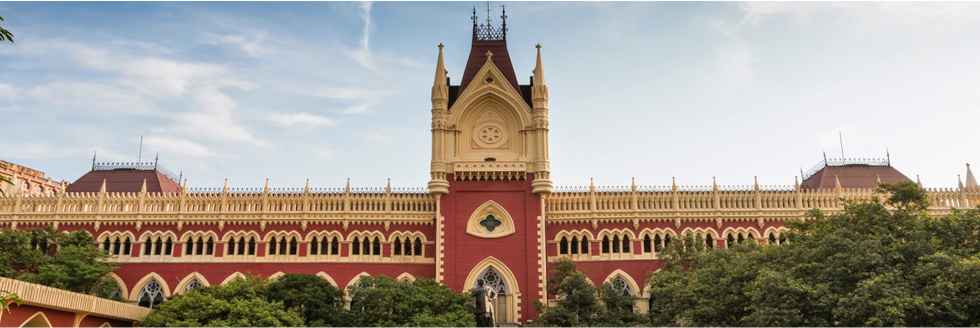Considering the risk of neonatal morbidities and potential mental impact, Kerala High Court has allowed a 10-year old girl survivor to medically terminate 30 weeks pregnancy. The girl was allegedly sexually abused by her father.
Justice PV Kunhikrishnan noted that even though there is an 80% chance of the baby surviving despite the procedure, there are chances of severe complications impacting the 10-year-old survivor’s health.
“Since the victim child is only aged ten years, there is a chance for medical complication to her health. Considering the entire facts and circumstances of the case, according to me, this is a case in which this Court should invoke the jurisdiction keeping in mind the Almighty,” the bench noted.
The court has directed concerned hospital to terminate the pregnancy and has also issued directions to the State to take care of the child, if born alive.
The bench added, “The alleged culprit is her own father. If the allegation is correct, I am ashamed of and of course, the entire society should bow their head for the same reason. I am sure that long arm of our legal system will punish him in a manner known to law.”
The petition was moved by the minor survivor’s mother seeking medical termination of pregnancy under the provision of Medical Termination of Pregnancy Act,1971.
In the earlier order, the court had asked to constitute a Medical Board and submit a report within 2 days.
The report stated that the pregnancy was ‘breech presentation’ (foetus positioned such that legs and posterior come out first) which would necessitate an operative delivery under anesthesia.
The report had also mentioned that at 30 weeks 6 days, with expected weight of 1.557 Kg, there is 80% chance of the baby surviving. However, the report also stated that there is risk of neonatal morbidities and also adverse neuro-developmental outcome for the newborn baby.
The court also issued directions that if the baby is born alive, and the parents of the child are not willing to or not in a position to assume the responsibility of the child, then the State and its agencies will have to assume full responsibility of the child and medical support and other facilities as may be reasonably feasible, adhering always to the principle of best interests of such child as well as the statutory provisions in the Juvenile Justice Act.






